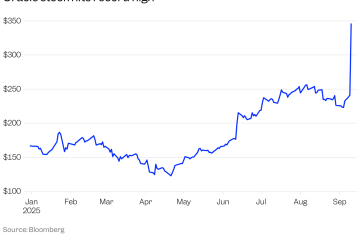The Role of Peacemaker in Modern Society

Introduction
In an increasingly polarized world, the role of peacemakers has become more vital than ever. As conflicts escalate—be it political disputes, social unrest, or international tensions—the need for effective conflict resolution strategies has never been more pressing. Peacemakers work to bridge divides, encourage dialogue, and promote understanding among conflicting parties. This article delves into the significance of peacemakers in today’s society and the challenges they face.
What is a Peacemaker?
A peacemaker is an individual or organization that actively facilitates peace-building efforts, mediates conflict, and seeks to resolve disputes amicably. Peacemakers operate on local, national, and international levels, and their strategies often include dialogue, negotiation, and reconciliation initiatives. Notable examples of peacemakers include figures like Mahatma Gandhi, Martin Luther King Jr., and organizations such as the United Nations Peacekeeping Forces.
Current Context of Peacemaking
The past few years have highlighted numerous global conflicts, from longstanding territorial disputes to new tensions arising from climate change and economic disparities. In 2023, experts have pointed out a rise in the role of peacemakers in hot spots like Ukraine, Myanmar, and the Middle East, where violence and humanitarian crises have drawn international concern.
The UN has reported that over 80 million people worldwide remain displaced due to conflict, underscoring the urgent need for mediation and peaceful resolution. In response, various international and local organizations have mobilized to engage in peacemaking efforts, leveraging technology and virtual platforms to facilitate dialogues even amidst travel restrictions.
The Challenges Faced
Despite the essential role peacemakers play, they encounter significant challenges. These include distrust among conflicting parties, the complexity of issues at play, and sometimes even personal safety risks. Furthermore, the evolving landscape of modern conflicts—where misinformation can escalate tensions—also poses a significant hurdle for effective peacemaking.
Conclusion
As we look towards a future where global interconnectedness continues to deepen, the importance of peacemakers in resolving conflicts is paramount. Their work not only saves lives but also lays the groundwork for lasting peace and stability. Communities and nations need to support peacemaking efforts through funding, training, and international cooperation. Ultimately, fostering a culture of peace at all levels can lead to a more harmonious world for future generations.









